Search
Search Results
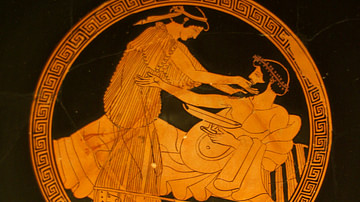
Article
The Relationship Between the Greek Symposium & Poetry
The Ancient Greek symposium is often considered an important part of Greek culture, a place where the elite drank, feasted and indulged in sometimes decadent activities. Although such practices were present in symposia, the writing and performance...
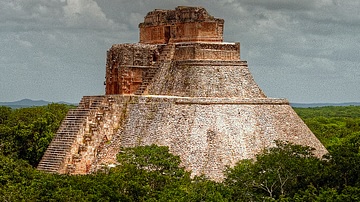
Collection
Changing Worlds: Climate & Disaster in Antiquity
Although climate change has today become a much bigger and more globalized problem than in the past, ancient peoples did have to contend with local events that severely disrupted or even ended their way of life as they knew it. A long series...
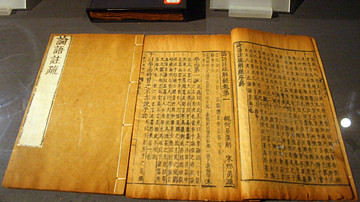
Definition
Confucianism
Confucianism is a philosophy developed in 6th-century BCE China, which is considered by some a secular-humanist belief system, by some a religion, and by others a social code. The broad range of subjects touched on by Confucianism lends itself...
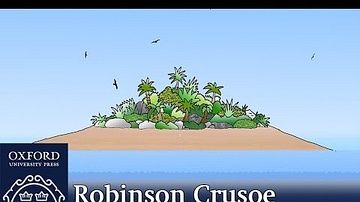
Video
Robinson Crusoe | Oxford World's Classics
Robinson Crusoe by Daniel Defoe (Edited by Thomas Keymer and co-annotator James Kelly) https://global.oup.com/academic/product/robinson-crusoe-9780199553976 Script: Thomas Keymer Series Producers: Harry Orme, Eleanor Chilvers and...
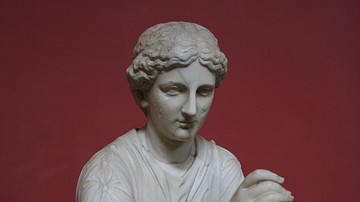
Collection
Great Ancient & Medieval Poetry
Poetry is the first form of literary expression in the world as evidenced by The Epic of Gilgamesh, the oldest piece of world literature. For over 4,000 years, people have been writing poetry to express personal, communal, or global experiences...
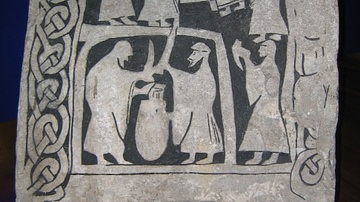
Article
Norse Alcohol & The Mead of Poetry
Alcohol played an integral part in Norse culture. People drank ale more than water because the brew had to be boiled as part of the process and so was safer to drink. The Norse of Scandinavia had four main types of fermented beverage: ale...
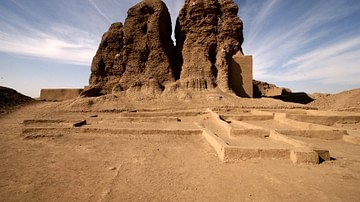
Article
Interrelations of Kerma and Pharaonic Egypt
The vacillating nature of Ancient Egypt's associations with the Kingdom of Kerma may be described as one of expansion and contraction; a virtual tug-of-war between rival cultures. Structural changes in Egypt's administration led to alternating...
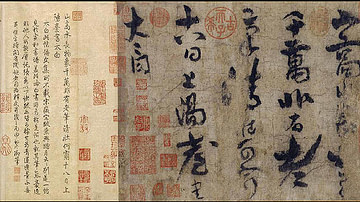
Definition
Chinese Literature
Chinese literature is among the most imaginative and interesting in the world. The precision of the language results in perfectly realized images whether in poetry or prose and, as with all great literature, the themes are timeless. The Chinese...
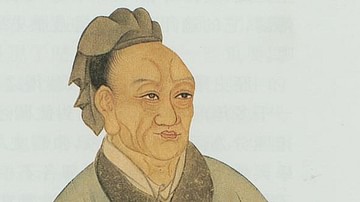
Definition
Sima Qian
Sima Qian (l. 145/135-86 BCE) was a court scribe, astrologer, and historian of the Han Dynasty (202 BCE - 220 CE) of ancient China, famous for his historical work Records of the Grand Historian for which he is remembered as the Father of...
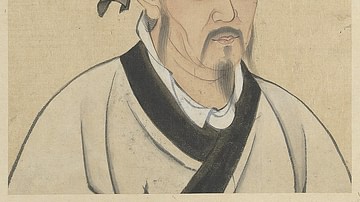
Definition
Mencius
Mencius (l. 372-289 BCE, also known as Mang-Tze or Mang-Tzu) was a Confucian philosopher during The Warring States Period in China (c. 481-221 BCE) and is considered the greatest after Confucius himself for his interpretation, formulation...